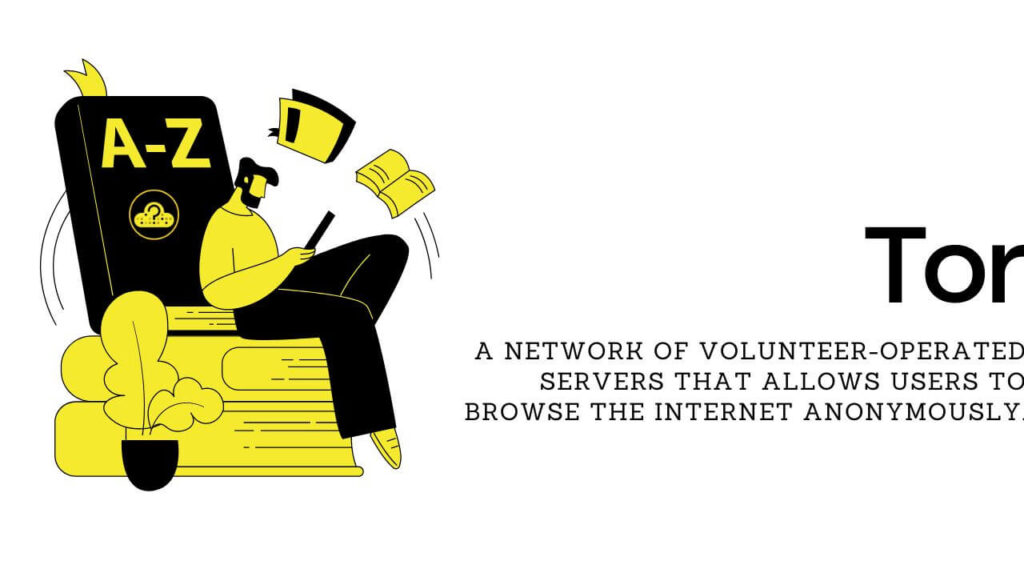What Is Tor?
- Short Definition:
- A network of volunteer-operated servers that allows users to browse the internet anonymously and securely by encrypting and routing their internet traffic through multiple layers of relays.
- Extended Definition:
- Tor, also known as “The Onion Router,” is a decentralized network that provides anonymous and secure communication on the internet. It achieves this by encrypting and routing internet traffic through a series of volunteer-operated servers, known as relays or nodes.
The traffic is encrypted and encapsulated in multiple layers, akin to layers of an onion, hence the name “onion routing.” Each relay in the network removes one layer of encryption, revealing the next destination until the traffic reaches its final destination. This layered approach ensures that no single relay knows both the origin and the destination of the data, thereby enhancing privacy and preventing network surveillance or tracking.
Tor’s primary use case is anonymous web browsing. By routing internet traffic through multiple relays, Tor obscures the user’s IP address, making it challenging to trace their online activities back to their physical location.
It also allows access to websites that may be blocked or censored in certain regions. Tor is widely used by individuals who value their online privacy, including journalists, activists, whistleblowers, and individuals living in countries with restricted internet access.
While Tor provides anonymity and privacy, it is important to note that it may not guarantee complete security. Users must exercise caution and consider additional security measures, such as using HTTPS-enabled websites and avoiding the download of files from untrusted sources. Tor is also used as a platform for hosting “hidden services,” which are websites accessible only within the Tor network and have domain names ending in “.onion.”
These hidden services offer an additional layer of anonymity for website operators, but they can also be associated with illegal activities. Overall, Tor plays a vital role in preserving online privacy and enabling freedom of expression in the digital realm.

For more definitions, check out our dedicated Definitions List.







